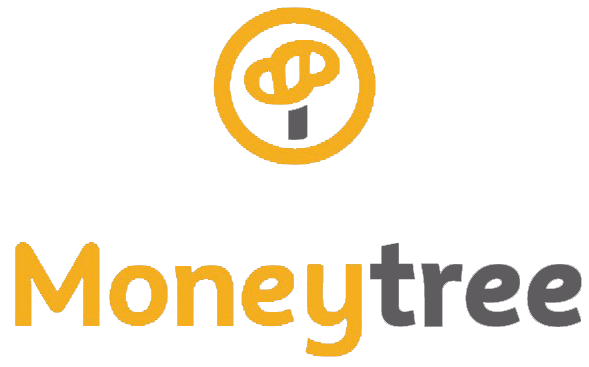Body
Buy-to-let Mortgages
Buy-to-let (BTL) mortgages are specifically for individuals who wish to buy residential property which they intend to rent to tenants. Although a BTL mortgage is similar in a number of respects to a standard residential mortgage, there are some significant differences between the two.
Eligibility and lending criteria
Most banks and building societies (and some other financial institutions) offer BTL mortgages, but terms, conditions, and costs vary enormously.
Some mortgage providers will not lend to individuals who are under 25 years of age or earn less than £25,000 a year. Lenders may impose an ‘upper’ age limit on the term of the mortgage by insisting that the mortgage is repaid in full before the borrower reaches a certain age — 70 is not untypical.
Flats, newly built property, former local authority-owned properties — or properties that are priced below a certain value — can be unacceptable to lenders. Lenders may also restrict the number of BTL mortgages a borrower can have with them at any one time. Or the lender may impose a ‘cap’ on the total amount of BTL funding they are prepared to advance to a borrower.
Credit record
In common with a standard residential mortgage, the potential lender will take account of your personal credit rating. If you have any unpaid debts or county Court Judgements — or you have failed to make previous or existing loan repayments on time — the lender may not want to take you on as a BTL borrower.
Affordability
When considering their decision to make an advance or not, lenders will also take into account the amount of rent the borrower is hoping to realise from the property. Unlike a standard residential mortgage, most lenders view the property’s rental potential — rather than the borrower’s salary — as the primary source of income for servicing the loan.
For that reason, BTL lenders like to see a situation where the rental income covers at least 125% of the monthly interest payment. In other words, if your monthly mortgage payment is £1,000, the monthly rent should be a minimum of £1,250. (The borrower’s projections in terms of rental income must be verified by an independent source.) The difference between the two figures should help you meet your mortgage repayments when no rent is being received, or when repairs need making to the property.
Deposit
Typically, the highest loan-to-value (LTV) mortgage available on a BTL basis is 75% — i.e. you will need a deposit of at least 25% of the property’s purchase price to proceed. Borrowers who are able to put down substantially more than the minimum 25% deposit (40%+ for example) will usually qualify for more favorable interest rates.
Interest rate
Because BTL mortgages represent more of a risk for lenders than standard residential mortgages, BTL borrowers tend to be charged higher rates of interest.
BTL mortgages — associated fees and costs
Survey: A surveyor will be appointed (at the borrower’s expense) to assess the property’s condition, market value, and potential rental income. The surveyor will also identify any issues which could affect the property’s future value.
Conveyance: Conveyancing — which is usually conducted by a solicitor or conveyancer — is the process by which the ownership (legal title) of the property is transferred from the seller to the buyer. The seller pays for this cost.
Stamp Duty for Buy-to-let property: The purchaser may have to pay stamp duty land tax which is calculated as a percentage of the purchase price of the property.
Other costs: The borrower may also have to pay arrangement and booking fees to the mortgage provider, which tend to be higher than those associated with a standard residential mortgage.
Which type of mortgage?
Depending on the lender, the types of mortgages available to the BTL borrower are usually the same as those available to the standard residential mortgage borrower — i.e., tracker, discount, fixed rate, capped rate, and variable rate.
Given that most BTL borrowers buy for reasons of investment, some mortgage options may be more appropriate than others. With a fixed-rate mortgage for example, the borrower knows exactly what their monthly repayments are going to be; other borrowers prefer tracker or variable rate loans where the monthly repayment can sometimes be lower, but the cost can vary from one month to the next.
(Many BTL buyers have a preference for interest-only mortgages, as distinct to a capital and interest repayment mortgage. An interest-only mortgage is a mortgage where the monthly repayment is used solely to pay off the interest on the loan but none of the capital, which is repaid only when the property is sold.)
Warning Text

SOME BUY TO LET MORTGAGES ARE NOT REGULATED BY THE FINANCIAL CONDUCT AUTHORITY.
